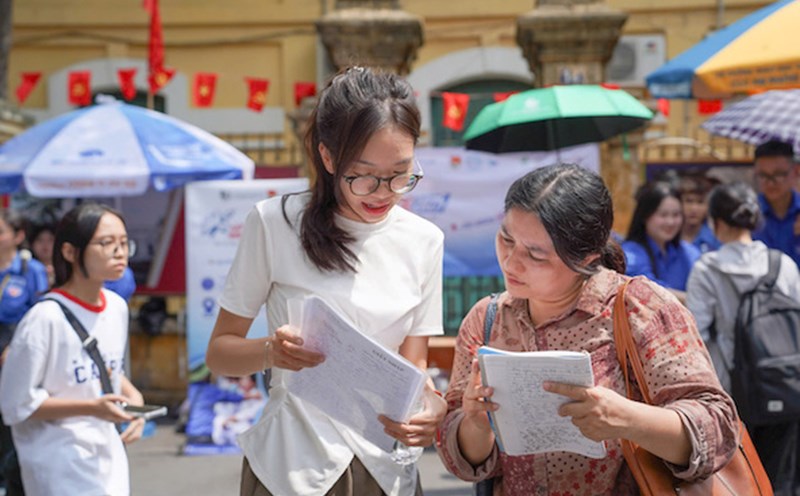According to the provisions of Article 8 of Decree 154/2025/ND-CP on the policy regime for civil servants on leave as follows:
1- Immediate termination policy
Subjects who have not reached the retirement age as prescribed in Appendix I and Appendix II issued with Decree 135/2020/ND-CP and are not eligible for the early retirement policy prescribed in Article 6 of Decree 154/2025/ND-CP, if they quit their jobs immediately, will enjoy the following benefits:
Receive a subsidy of 3 months of current salary to find a job; Receive a subsidy of 1.5 months of current salary for each year of work with compulsory social insurance contributions;
Receive a period of compulsory social insurance payment or receive one-time social insurance according to the provisions of the law on social insurance.
2- once-in-a-lifetime policy after vocational training
Subjects under 45 years old, with health, sense of responsibility and sense of organization and discipline but taking on jobs that are not suitable in terms of training level, training major, and wish to quit their jobs will be given the opportunity by the agency, organization, or unit to study a trade before quitting their job, finding a new job on their own, and enjoy the following benefits:
Receive the full current salary and receive social insurance, health insurance, unemployment insurance (if subject to unemployment insurance) from the agency or unit during the vocational training period, but the maximum benefit period is 6 months;
Receive a subsidy of one vocational training fund equal to the cost of a vocational course, up to 6 months of current salary, to pay to a vocational training institution;
After finishing vocational training, they will receive a subsidy of 3 months of current salary at the time of studying to find a job;
Receive a subsidy of 0.5 months of current salary for each year of work with social insurance contributions;
During the time of vocational training, the working time is counted continuously but not seniority to increase the regular salary level every year.
Receive a period of compulsory social insurance payment or receive one-time social insurance according to the provisions of the law on social insurance.











